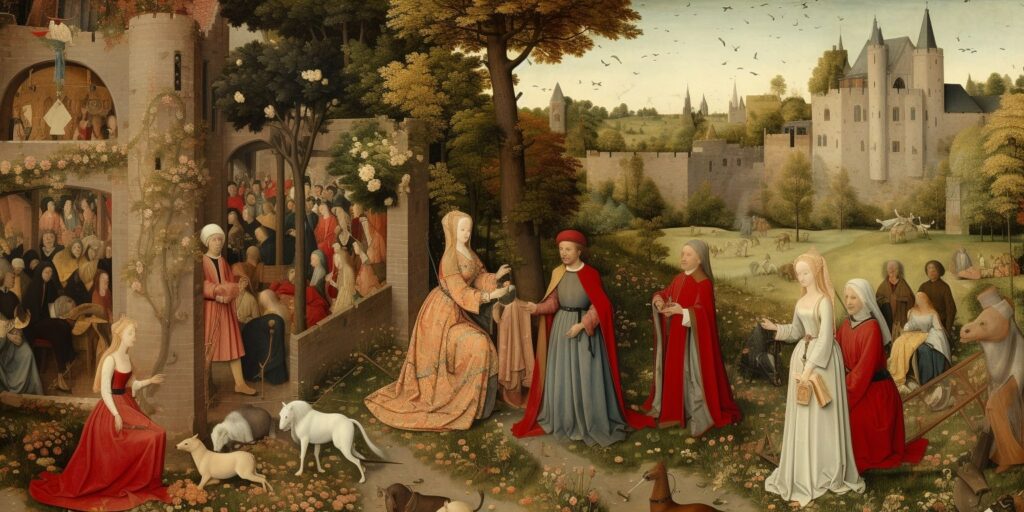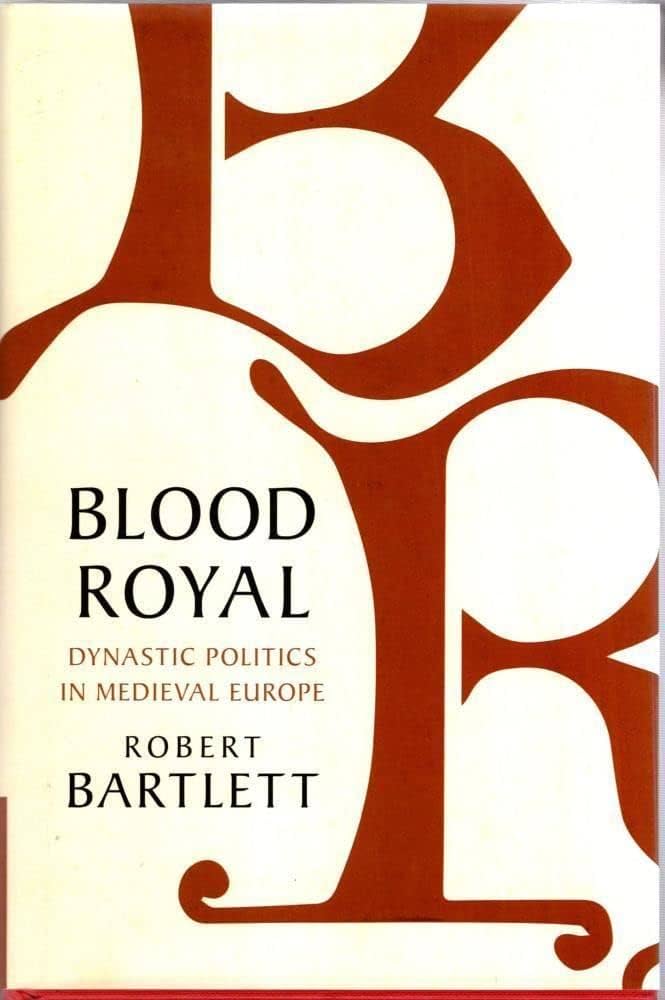Welcome to a journey through the medieval period, a time of knights, castles, and political intrigue. This era, spanning from the 5th to the 15th century, was marked by significant shifts in political systems, societal structures, and cultural developments.

Credit: knightstemplar.co
The Feudal System
Central to medieval political organization was the feudal system, a hierarchical arrangement where land was granted by the king to nobles in exchange for loyalty and military service. This structure formed the backbone of medieval society, with kings at the top, followed by nobles, knights, and peasants.
Key Characteristics Of The Feudal System
The feudal system was characterized by:
- Mutual obligations between lords and vassals
- Land ownership as the basis of wealth and power
- A rigid social hierarchy
Monarchy and Nobility
The medieval period saw the rise of powerful monarchies and noble families vying for control and influence. Monarchs wielded considerable authority, but their power was often checked by the nobility through feudal contracts and customary law.
Role Of The Church
The Catholic Church played a dominant role in medieval politics, exerting influence over both the clergy and secular leaders. Bishops and abbots held significant sway, and the Church often arbitrated disputes between rulers and nobles.

Credit: www.amazon.com
Evolution of Governance
As the medieval period progressed, governance structures evolved, leading to the emergence of proto-parliamentary bodies and rudimentary forms of representative government. Local assemblies and councils began to contribute to decision-making processes.
Rise Of City-states
Urban centers in medieval Europe gave rise to independent city-states, which played a pivotal role in shaping political and economic dynamics. These city-states often had their own governments and enjoyed a degree of autonomy within the feudal framework.
Historical Milestones
Several key events and developments shaped medieval political systems:
| Event | Impact |
|---|---|
| Magna Carta (1215) | Established the principle of constitutional limitations on the power of the king |
| Hundred Years’ War (1337-1453) | Challenged traditional feudal allegiances and contributed to the centralization of power |
| Black Death (1347-1351) | Caused demographic and economic upheaval, leading to shifts in labor relations and societal structures |
Legacy and Influence
The medieval period left a lasting imprint on political systems and governance. Elements of feudalism and monarchic authority have shaped the development of modern political institutions and concepts of sovereignty.
Impact On Modern Governance
Many modern political concepts, such as the rule of law, representative government, and the separation of powers, have roots in the struggles and adaptations of medieval political systems.
Frequently Asked Questions For Medieval History And Political Systems: Illuminating The Dynamics Of Power
Q: What Were The Major Political Systems During The Medieval Period?
A: Feudalism, Monarchy, and Theocracy were the major political systems that dominated medieval history.
Q: How Did Feudalism Shape Medieval Society?
A: Feudalism structured society into a hierarchical system, with lords, vassals, and serfs, controlling land and resources.
Q: What Role Did The Monarchy Play In Medieval Politics?
A: Monarchs held absolute authority, making decisions and governing their territories with the support of nobles.
Q: What Was The Significance Of The Magna Carta In Medieval England?
A: The Magna Carta limited the power of the monarchy and established basic rights and liberties for citizens.
Conclusion
Medieval history is a rich tapestry of political evolution, societal transformation, and intellectual ferment. The interplay of monarchies, noble elites, burgeoning urban centers, and the institutional influence of the Church has left an enduring legacy that continues to reverberate in contemporary governance structures.
Guest Author Sakhawat-Shuvo wrote and edited this Article based on his best knowledge and understanding. These opinions and remarks are not endorsed or guaranteed by epichistoria.com or EpicHistoria. The Epic Historia does not guarantee this article’s content. Readers should verify and use their judgment before trusting the content. Also, the Images used in this Article are the copyright of their Respective Owners. Please use our Comment Box or Contact Us form to report this content. This information is not accountable for losses, injuries, or damages.


